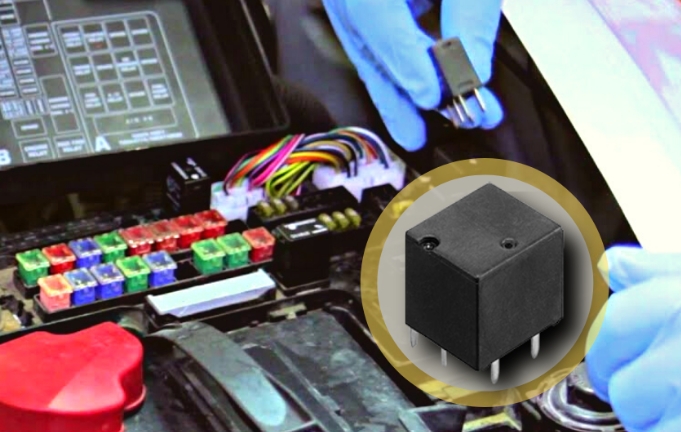Isolators play a crucial role in various industries, ensuring safety, efficiency, and precision in delicate operations. These highly specialized devices are designed to provide a controlled environment by isolating a specific area or equipment from its surroundings. In this blog post, we will delve into the world of isolators, exploring their function, significance, and the industries that heavily rely on them.
- Introduction to Isolators
Isolators, also known as containment systems or gloveboxes, are enclosed units that maintain a controlled environment, typically with low levels of contaminants such as particles, microorganisms, or hazardous substances. They consist of a sealed chamber with built-in gloves or robotic arms, allowing operators to manipulate objects inside without compromising the controlled environment. - Function of Isolators
The primary function of isolators is to create a barrier between the external environment and the internal process or equipment. This barrier serves multiple purposes:
2.1 Containment
Isolators are widely used in pharmaceutical, biotechnology, and chemical industries to handle hazardous substances, such as potent drugs or toxic chemicals. By isolating these materials, isolators prevent their release into the environment, protecting both operators and the surrounding areas from potential harm.
2.2 Sterility
In industries where sterility is critical, such as pharmaceutical manufacturing or microbiology laboratories, isolators provide a controlled environment free from contaminants. They prevent the entry of airborne particles, microorganisms, or other sources of contamination, ensuring the integrity and quality of sensitive processes or products.
2.3 Environmental Control
Isolators offer precise control over environmental parameters, such as temperature, humidity, and gas composition. This level of control is essential in industries like electronics manufacturing, where even slight variations in environmental conditions can affect the performance and reliability of sensitive components.
2.4 Product Protection
In industries where product integrity is paramount, such as semiconductor manufacturing or advanced research facilities, isolators safeguard delicate materials from external influences. By maintaining a controlled environment, isolators prevent damage caused by moisture, oxygen, or other contaminants, ensuring the quality and reliability of the final product.
- Industries that Utilize Isolators
Isolators find applications in a wide range of industries, including:
3.1 Pharmaceutical and Biotechnology
Isolators are extensively used in pharmaceutical manufacturing, research, and development processes. They provide a sterile environment for aseptic filling, compounding, and handling of potent drugs, ensuring product safety and operator protection.
3.2 Microbiology and Life Sciences
In microbiology laboratories, isolators create a controlled environment for handling and studying microorganisms. They prevent cross-contamination and maintain sterility, enabling researchers to work with precision and accuracy.
3.3 Electronics and Semiconductor
The electronics industry relies on isolators to protect sensitive components from environmental factors that could compromise their performance. Isolators maintain cleanroom conditions, preventing dust, moisture, and static electricity from affecting the manufacturing process.
3.4 Nuclear and Radioactive Materials
Isolators play a vital role in nuclear facilities, providing a barrier against radioactive materials. They ensure the safety of operators and prevent the release of radioactive contaminants into the environment.
- Conclusion
Isolators are indispensable tools in various industries, offering a controlled environment for critical processes. Their function extends beyond containment, encompassing sterility, environmental control, and product protection. By understanding the importance of isolators and their applications in different sectors, we can appreciate their role in ensuring safety, efficiency, and quality in complex operations.


More Stories
Smart Dynamic Cycling Helmet with Warning Lights for Real Roads
How Jiesheng Monitor Arms Improve Your Home Office Setup
Reducing Line Losses and Enhancing Efficiency with Sun.King Capacitors for AC Railway Power Networks